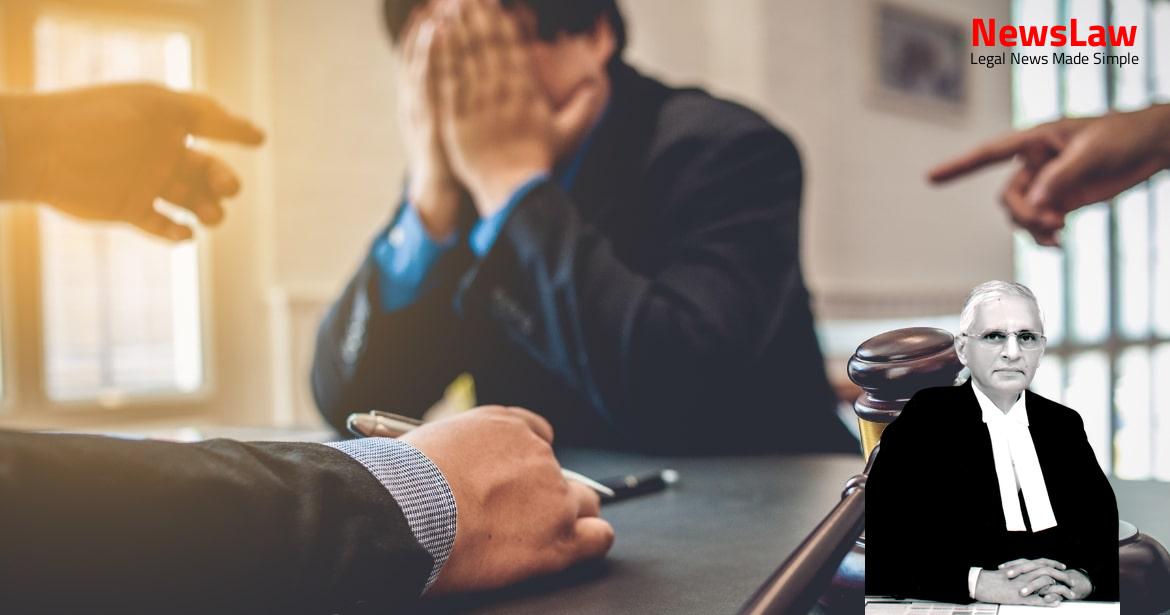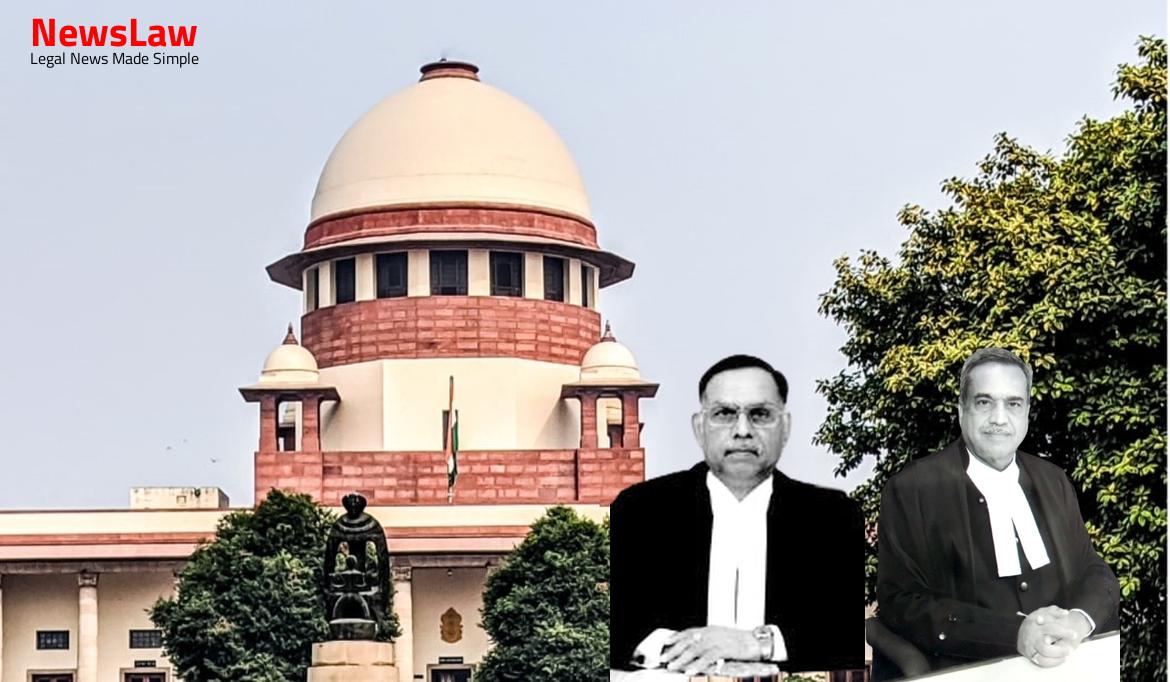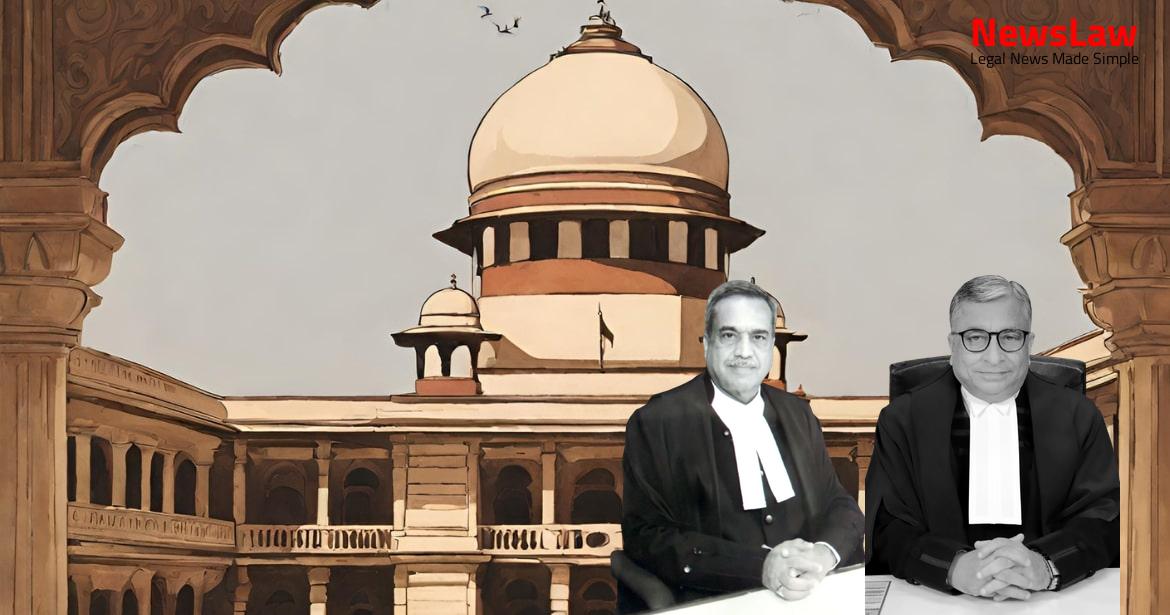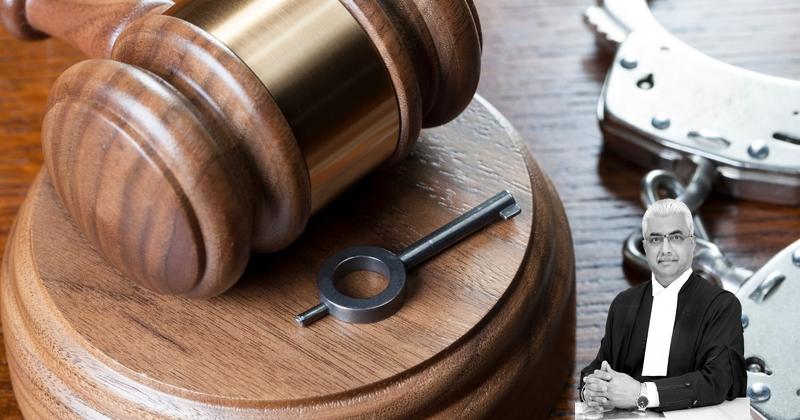Delve into the intricate legal analysis conducted by the court regarding the invocation of Sections 91 and 311 of the CrPC in a recent case. The court’s examination of the powers vested in these sections sheds light on the procedural nuances and their significance in ensuring a just decision. Stay tuned for a detailed insight into the court’s interpretation of statutory provisions and their application in the case.
Facts
- The High Court rejected the petition under Section 482 challenging the trial judge’s order dated 13 November 2021.
- Reasons for rejection included: a) decoding registers not part of case diary or charge-sheet, b) prosecution had closed its evidence, and c) belated filing of the application without collecting all relevant information.
- Separately, the High Court disposed of two proceedings under Section 482 challenging the trial court’s order dated 22 September 2021 dismissing the fourth application under Section 91 CrPC for summoning of documents.
- The trial court had rejected the application citing reasons that the document desired to summon was not part of the investigation and had not been obtained during the course of the investigation.
- The Single Judge accepted the plea of the prosecution and appellant, setting aside the trial court’s order and directing a consequential order on the application.
- It was noted that PW41, the nodal officer of Airtel, had forwarded call details to the SDOP but these were not filed with the charge-sheet. However, the High Court allowed the exhibition of these documents under Section 91 CrPC.
- The application under Section 91 was filed for summoning the CDR and CAF of two mobile numbers crucial for establishing the guilt of accused Sawan.
- The prosecution filed an application under Section 311 CrPC to summon the certificate issuer and examine the witness to prove the certificate.
- The CD with call details of the co-accused was prepared and submitted by PW47 along with a supplementary charge-sheet.
- The trial court allowed the third application but dismissed the fourth application seeking to summon the nodal officers of certain cellular entities and the decoding register.
- An application to requisition a corrupted CD was made and rejected by the trial court.
- Despite a last opportunity, PW47 failed to produce the CD kept at the police station.
- Another application was filed to summon the nodal officer of Idea and produce call data records of two mobile numbers.
Also Read: Balancing Power and Transparency: Electoral Bonds Struck Down, Disclosure Mandated
Arguments
- The appellant’s counsel argues that the production of the decoding register is crucial to establish the co-relationship between the accused’s location and the cell phone tower.
- The prosecution filed the application before the closure of evidence, and it was only after its rejection that the evidence of the prosecution was recorded as closed by the Second Additional Sessions Judge.
- There is no legal bar to filing an application under Section 311 even after the closure of evidence.
- The production of the decoding register was sought under Section 91 CrPC, which is independent of Section 207 CrPC.
- There is no prejudice to the accused as the enclosures to the supplementary charge-sheet refer specifically to the certificates of the nodal officers of the cellular companies.
- Respondents have relied on the decisions in Shiv Kumar v. Hukam Chand and Dhariwal Industries Ltd. v. Kishore Wadhwani to support their contention.
- It was argued that nodal officers were examined in 2017-2018 and the CD has already been brought on record.
- The two Courts have concurrently rejected the application under Section 311.
- The balance of justice is said to weigh in favor of the accused based on the above points.
Also Read: Recall of Resolution Plan Approval: Legal Analysis
Analysis
- The Court addressed the objection raised by respondents about the bar in Section 301 of the CrPC regarding the Appellant’s pursuit of the proceedings as the deceased’s spouse.
- Section 91 of the CrPC falls under the chapter on compelling the production of things.
- Respondents’ objection on the timing of the application under Section 311 was briefly discussed, citing differentiation from previous cases.
- The relevance of the decoding register for understanding call details and the necessity of additional documents were highlighted.
- The Court clarified the misconception about the timing of the application and emphasized the importance of summoning witnesses for just decision-making.
- The objection to the application under Section 311 based on Section 301 of the CrPC was deemed lacking substance by the Court.
- Judicial powers under Section 311 to summon witnesses and the issuance of summons under Section 91 for production of documents were explained.
- The Court emphasized the essentiality of evidence for a just decision and emphasized that this power can be exercised at any stage of proceedings.
- The distinction between the present case and previous cases regarding the role of the Prosecutor was made clear.
- The importance of discovering truth and realizing justice through statutory provisions was underscored.
- Section 301 places limitations on the right of private persons to participate in criminal proceedings.
- Section 311 empowers the trial court to summon witnesses for a just decision.
- The accused’s right to a fair trial is constitutionally protected under Article 21.
- The court reiterated the extent of powers under Section 311 allowing them to be exercised at any stage.
- The court emphasized the wide ambit of Section 311 which allows the power to be exercised at any stage for a just decision.
- The court noted that the evidence to be obtained under Section 311 should appear essential for a just decision of the case.
- The power of the court under Section 311 is not constrained by the closure of evidence.
- The court stressed that the broad powers under Section 311 must be governed by the requirement of justice.
- Section 311 of CrPC provides broad powers to the Court to summon, examine, recall, or re-examine any person if their evidence is essential to the just decision of the case.
- The presence of a bar under Section 301 does not hinder the Court’s ability to summon witnesses or order the production of necessary documents.
- Section 91 of CrPC allows any Court to issue summons to a person believed to have possession of a document or thing necessary for an investigation, inquiry, trial, or other legal proceeding.
Decision
- Interim bail extended for accused Mangilal Thakur up to 31 October 2022 on medical grounds
- Second Additional Sessions Judge directed to conclude Sessions Trial No 227 of 2016 by 31 October 2022
- Pending applications disposed off
- Appeal allowed, impugned judgment and orders set aside
- Prosecution’s application for production of decoding registers and summoning of witnesses of cellular companies allowed
Case Title: VARSHA GARG Vs. THE STATE OF MADHYA PRADESH (2022 INSC 807)
Case Number: Crl.A. No.-001021-001021 / 2022



